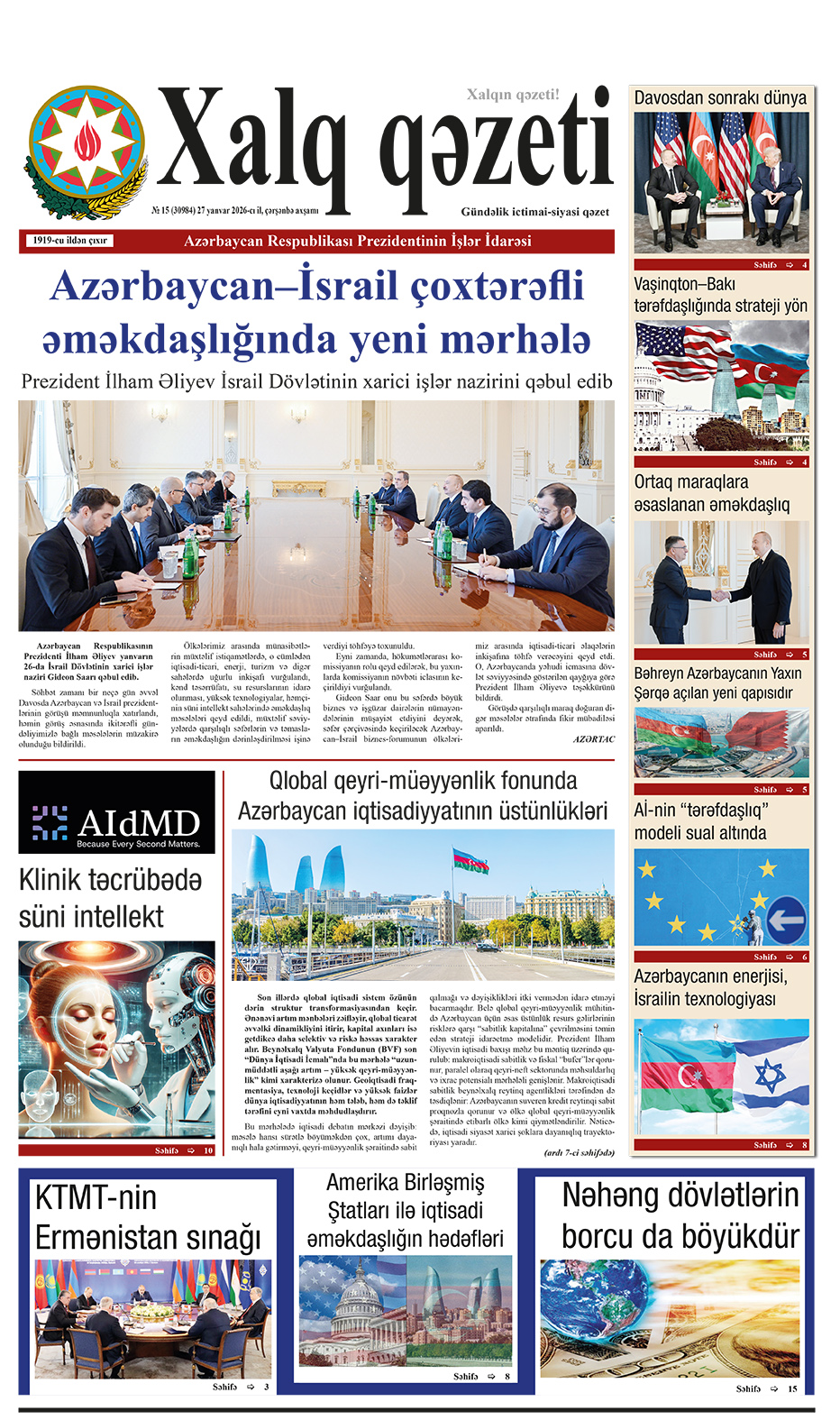A team of cardiovascular and public health researchers affiliated with multiple institutions across the U.K. and one in Australia, working with Mackenzie Wearables Research Hub, has found that for older people, just three minutes a day of moderate incidental activity may reduce their risk of experiencing a cardiovascular event such as a heart attack, and also death from such an event, according to MedicalXpress.
In their study published in the journal Circulation, the group analyzed information in the UK Biobank for people who wore wrist monitors that tracked their activity levels.
Prior research has shown that with age, many people reduce their physical activity, increasing their chances of experiencing a cardiovascular event. Some have been found to reduce exercising to near zero. In this new effort, the research team noted that many activities may not be thought of as physical activity, such as doing household chores or going shopping for groceries, but they might be giving health benefits regardless. The researchers refer to such actions as incidental activities.
To learn more about this possibility, they accessed data for 24,139 people (with a mean age of 62 years) listed in the UK Biobank, who had worn accelerometers on their wrists for at least seven days over the years 2013 and 2015 and who self-identified as non-exercisers. They compared those whose wrist monitors showed they engaged in regular moderate activity with those who were more or less active. They found that those people who engaged in regular moderate incidental activity measurably lowered their likelihood of experiencing a cardiovascular event or dying from one.
More specifically, the team found that people who were moderately active for at least three minutes on a regular basis reduced their chances of having a heart attack, stroke or other type of cardiovascular event. They also found gender differences—men, for example, were found to engage in fewer incidental activities than women. They also observed health improvements as the number of incidental activities increased and when such activities were more intense.
The team suggests that people can reduce their chances of having a cardiovascular event as they age by participating in daily incidental activities, such as preparing meals instead of going out, keeping the house clean, mowing the lawn or doing some gardening. The key, they note, is to try to do several short-duration activities every day.




















